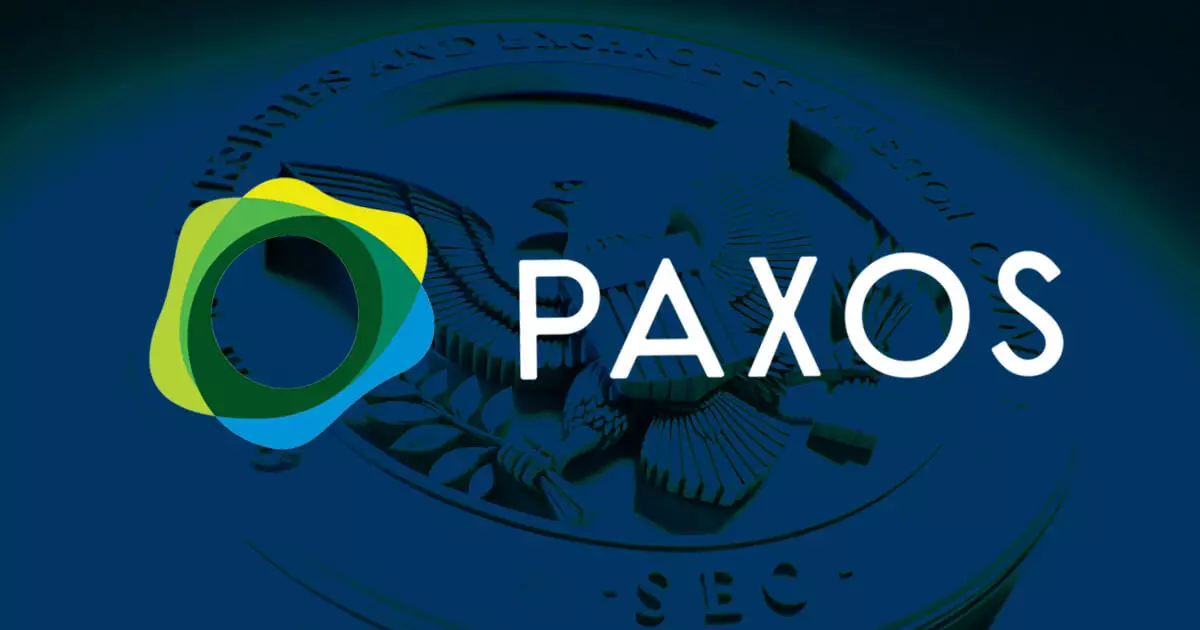In a recent turn of events, the US Securities and Exchange Commission (SEC) has officially closed its investigation into stablecoin issuer Paxos. This decision comes after over a year of uncertainty surrounding the potential enforcement action against Paxos Trust Company regarding the Binance USD (BUSD) stablecoin.
On July 11, Paxos announced that it had received a notice from the SEC on July 9, confirming the termination of the investigation. This news was a relief for Paxos, as it marked the end of the regulatory scrutiny that had been looming over the company for some time.
The SEC’s decision to end the investigation follows a federal judge’s ruling that BUSD sales did not violate securities law, contrary to the claims made by the financial regulator. This legal clarity has brought a sense of vindication to Paxos, which had steadfastly maintained that its stablecoins were not securities.
In response to the conclusion of the SEC’s investigation, Paxos reiterated its stance that its USD-backed stablecoins are not securities under federal law. The company stood by its commitment to fight the unwarranted claims made against it and showed confidence in the legitimacy of its regulated digital assets.
Paxos believes that the resolution of the SEC’s investigation will pave the way for broader adoption of stablecoins by major global enterprises. The company emphasized the importance of well-designed stablecoins with robust consumer protections in transforming the financial system and making it more stable, accessible, and transparent.
Stablecoins have emerged as a practical application of crypto technology, particularly in countries like Nigeria where they provide a stable alternative to volatile cryptocurrencies like Bitcoin. The pegging of stablecoins to fiat currencies like the US dollar has made them a popular choice for businesses and consumers looking for stability in the crypto space.
The SEC’s decision to end its investigation into Paxos is a significant milestone for the company and the broader crypto industry. It reaffirms the legitimacy of regulated stablecoin issuers and paves the way for continued innovation and growth in the sector. As stablecoins become more mainstream, their impact on the financial system is likely to increase, offering new opportunities for businesses and consumers alike.



















Leave a Reply